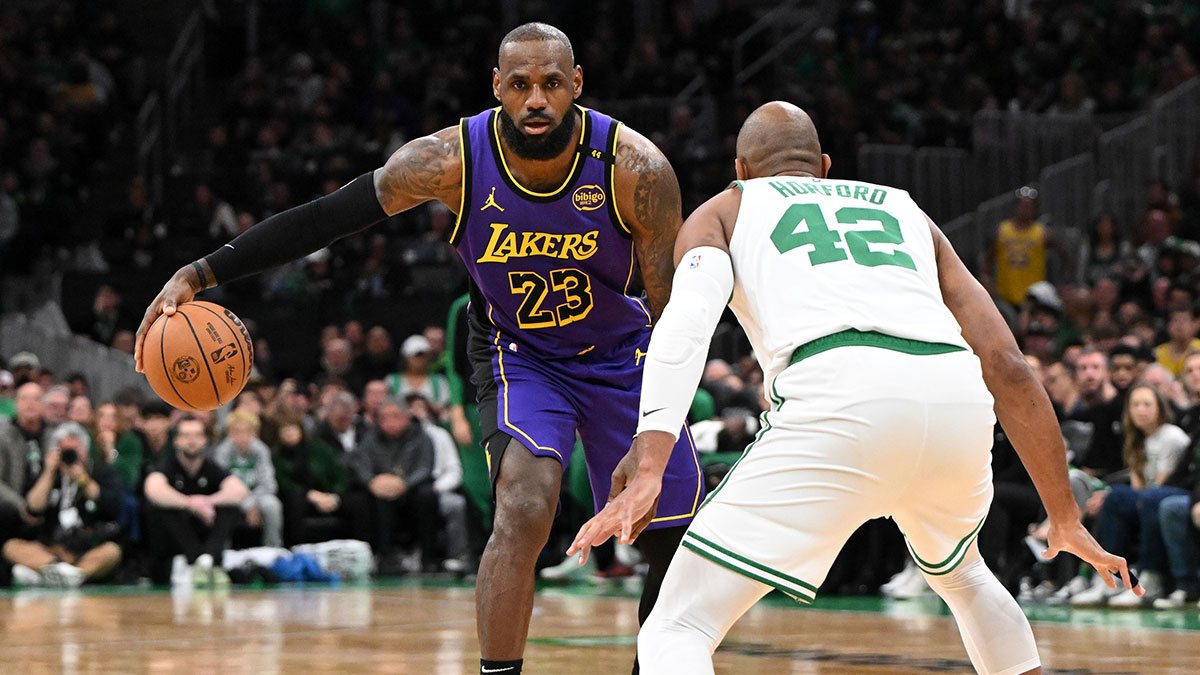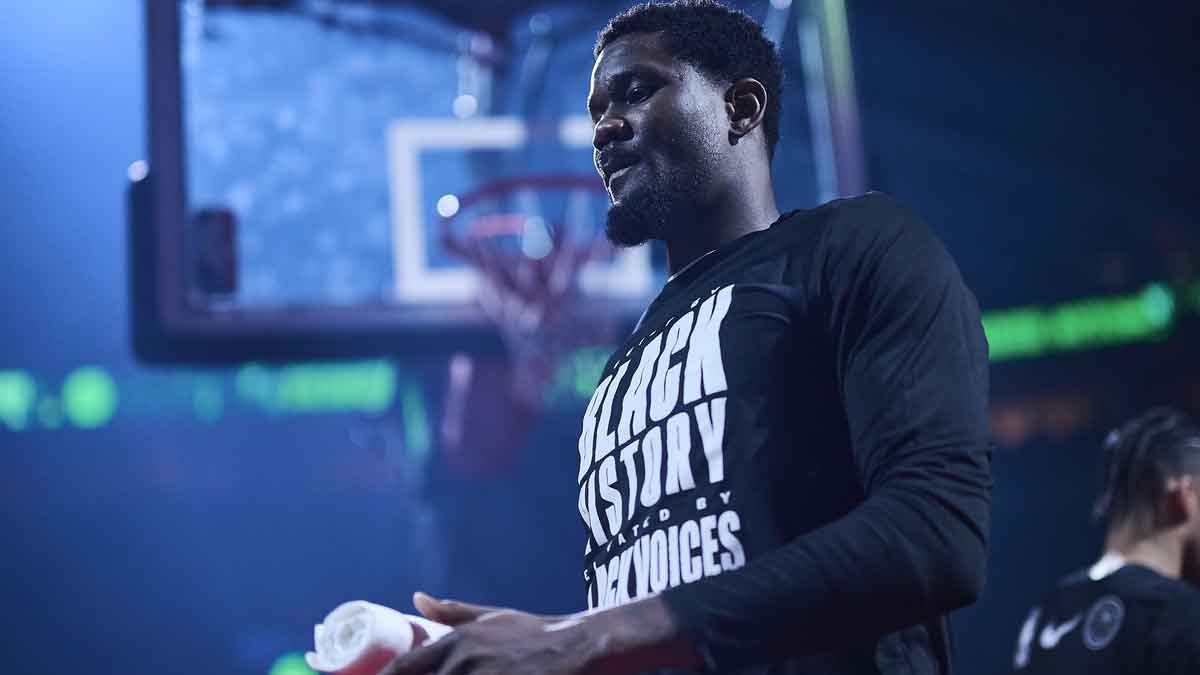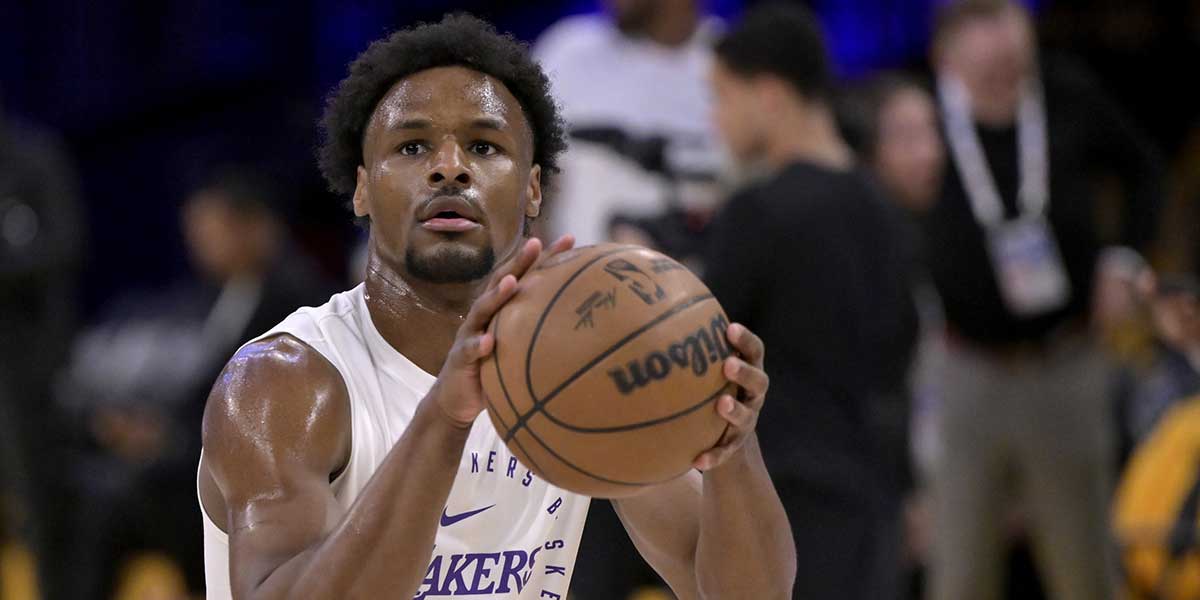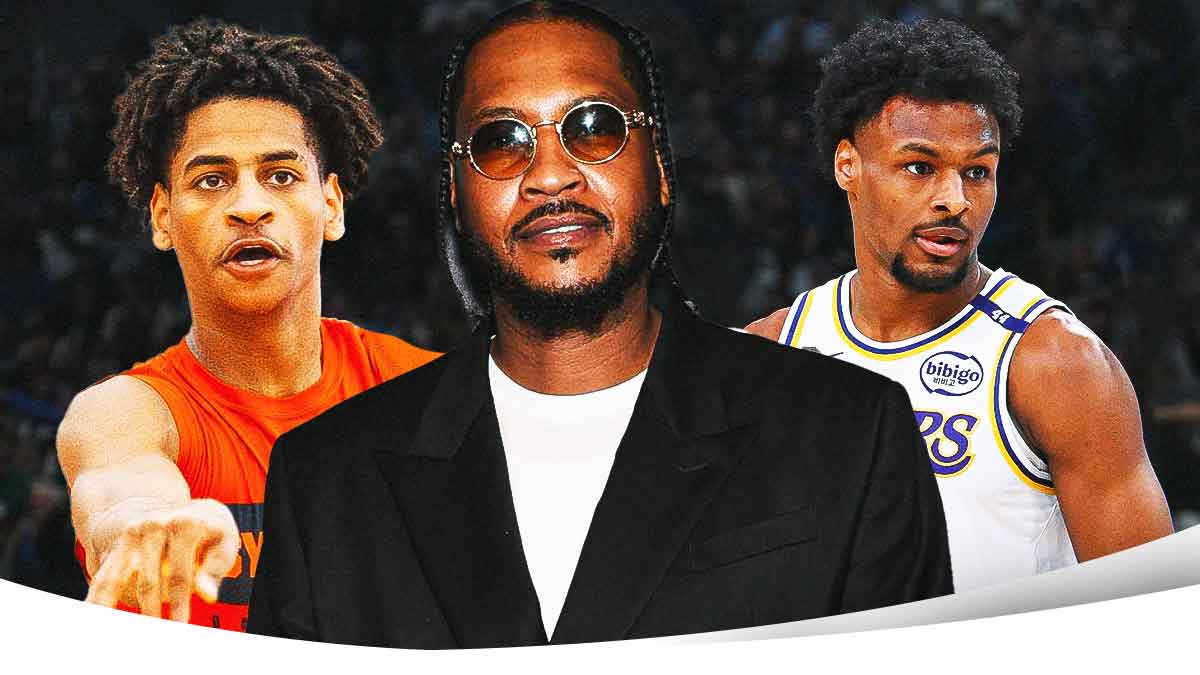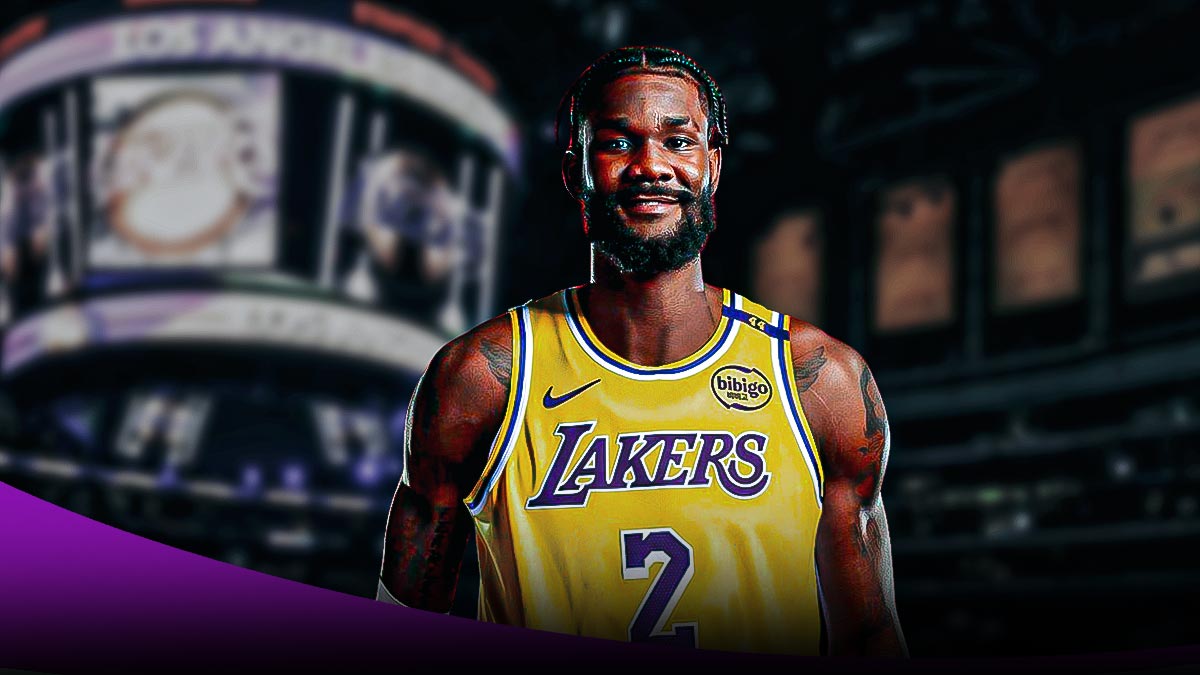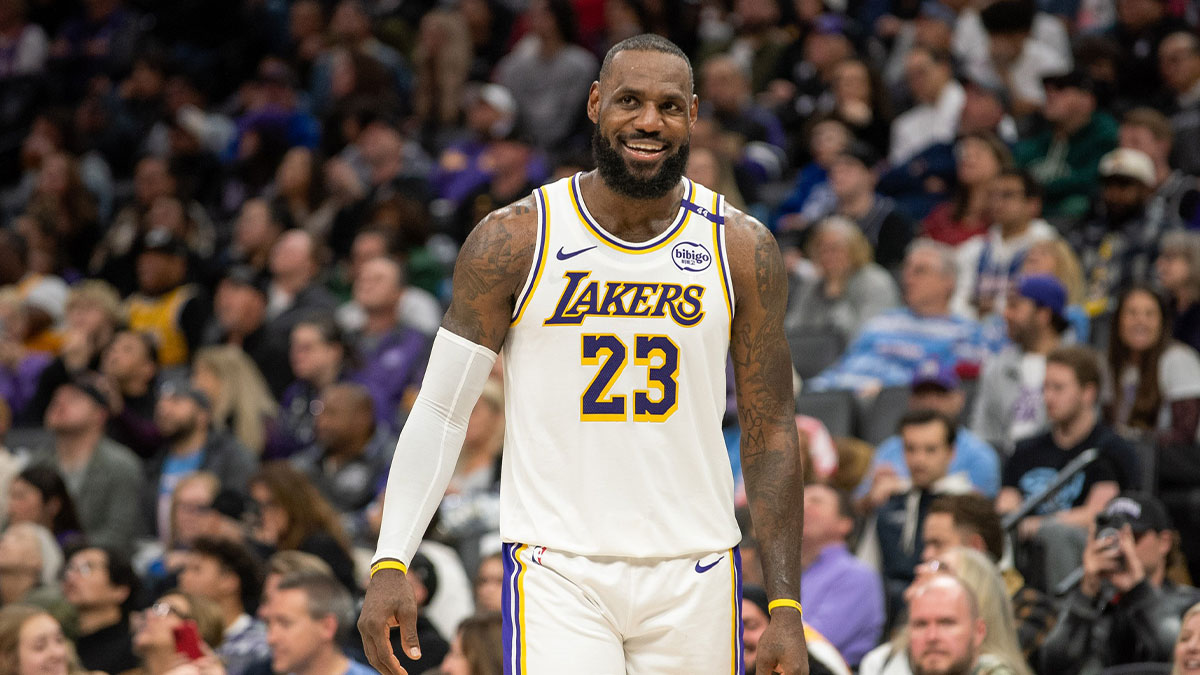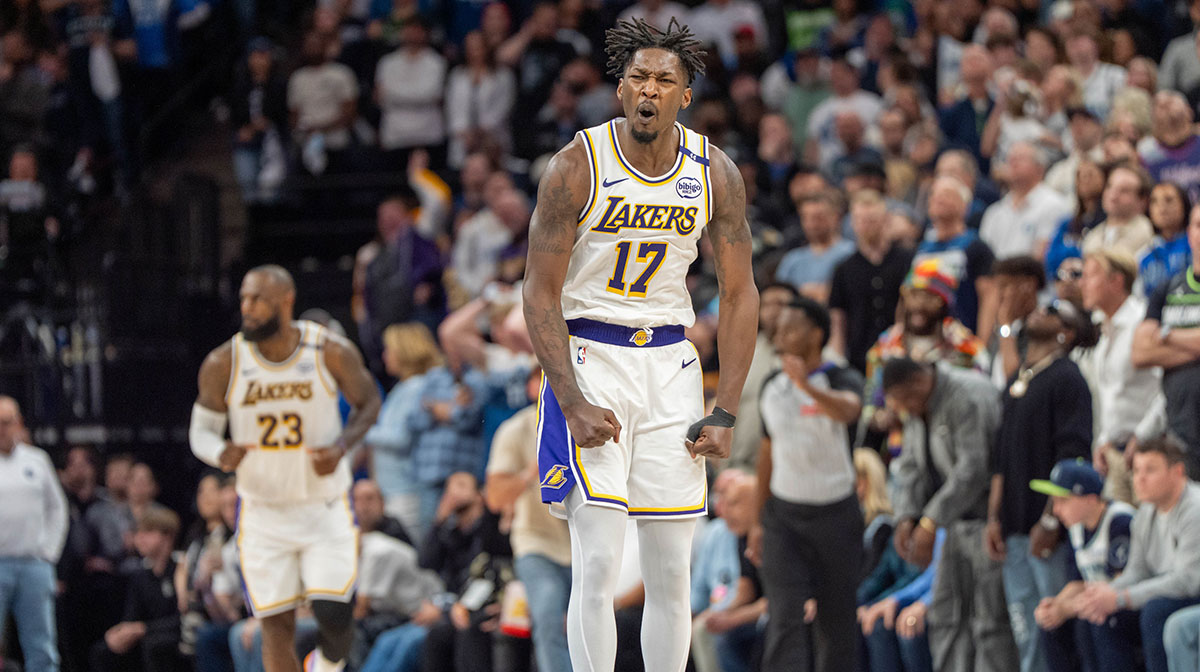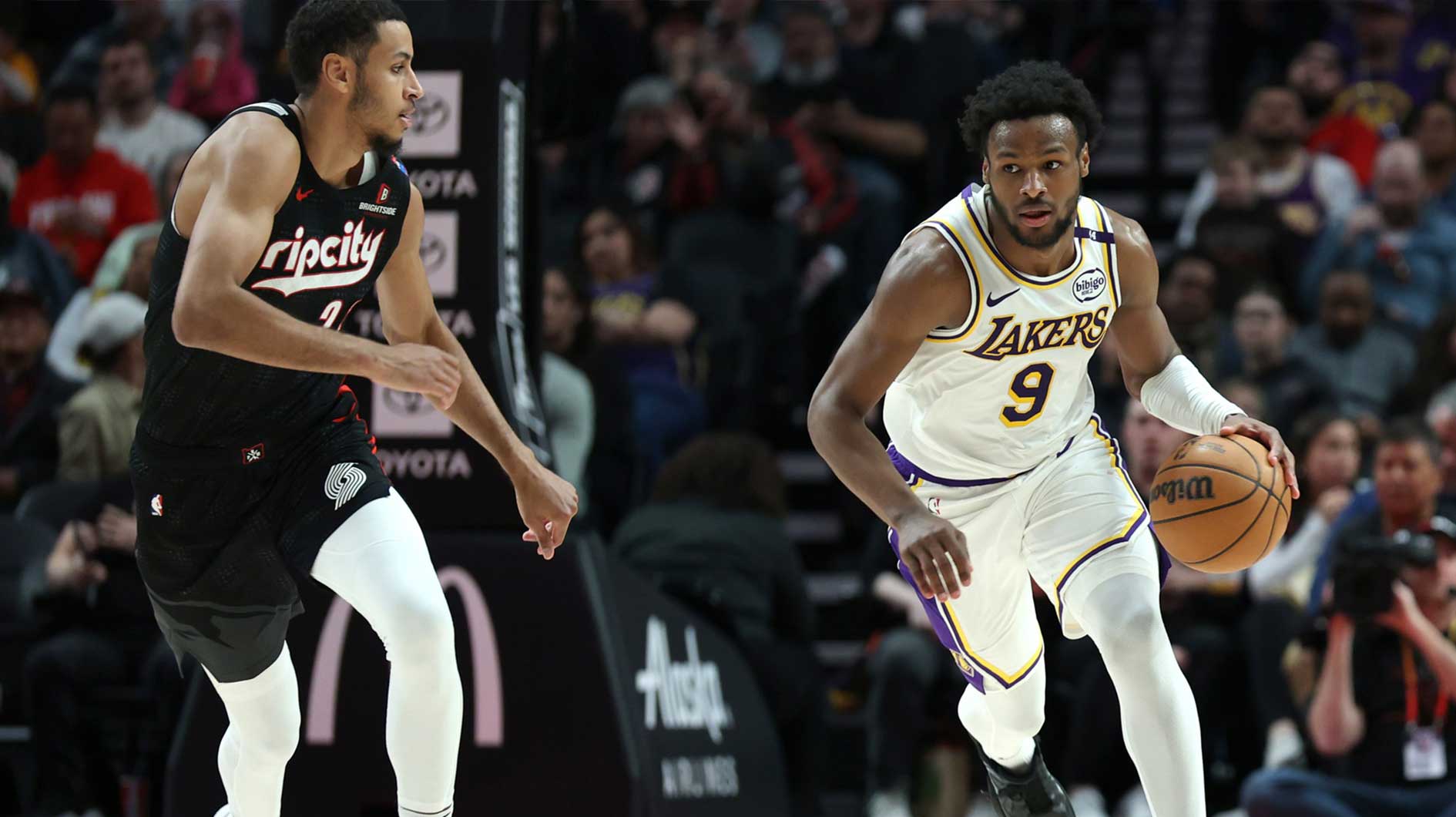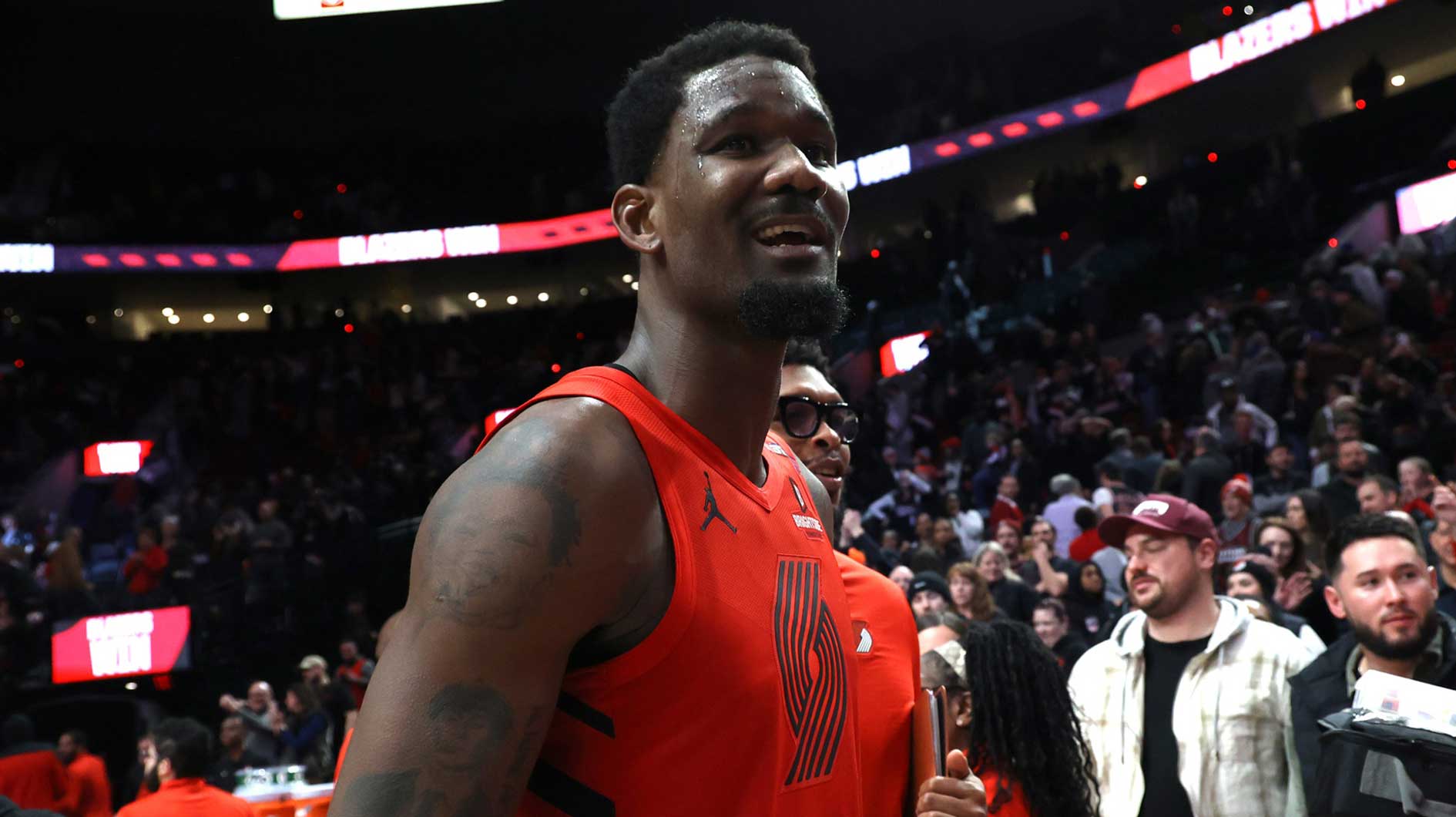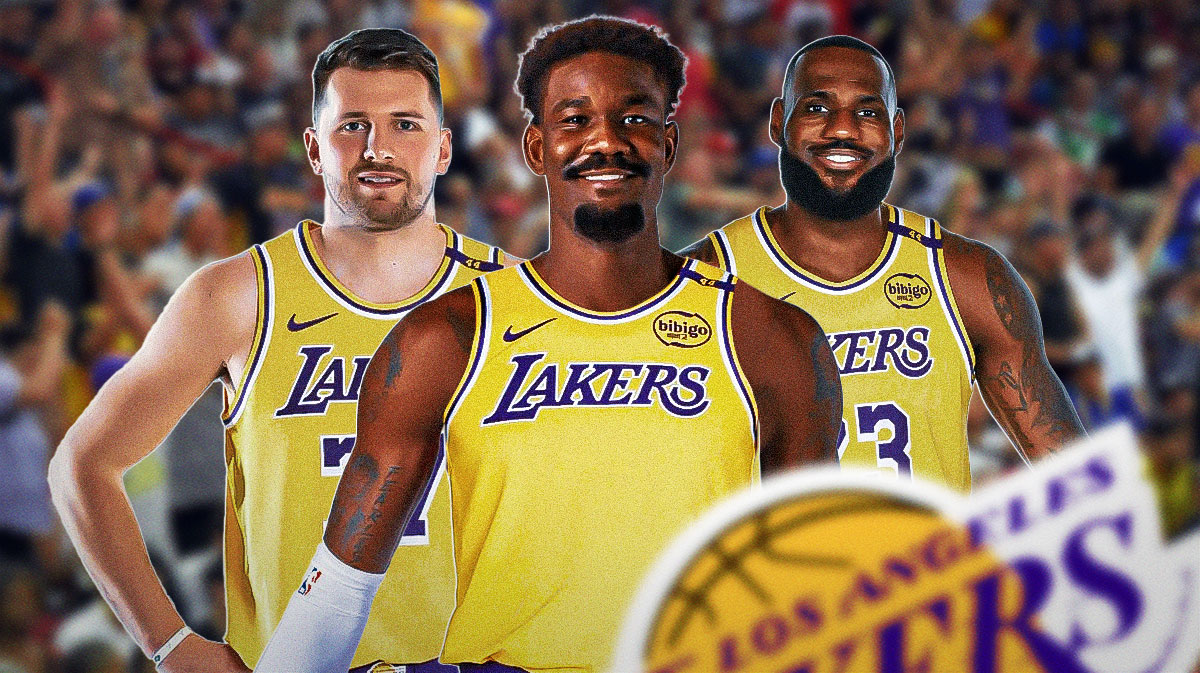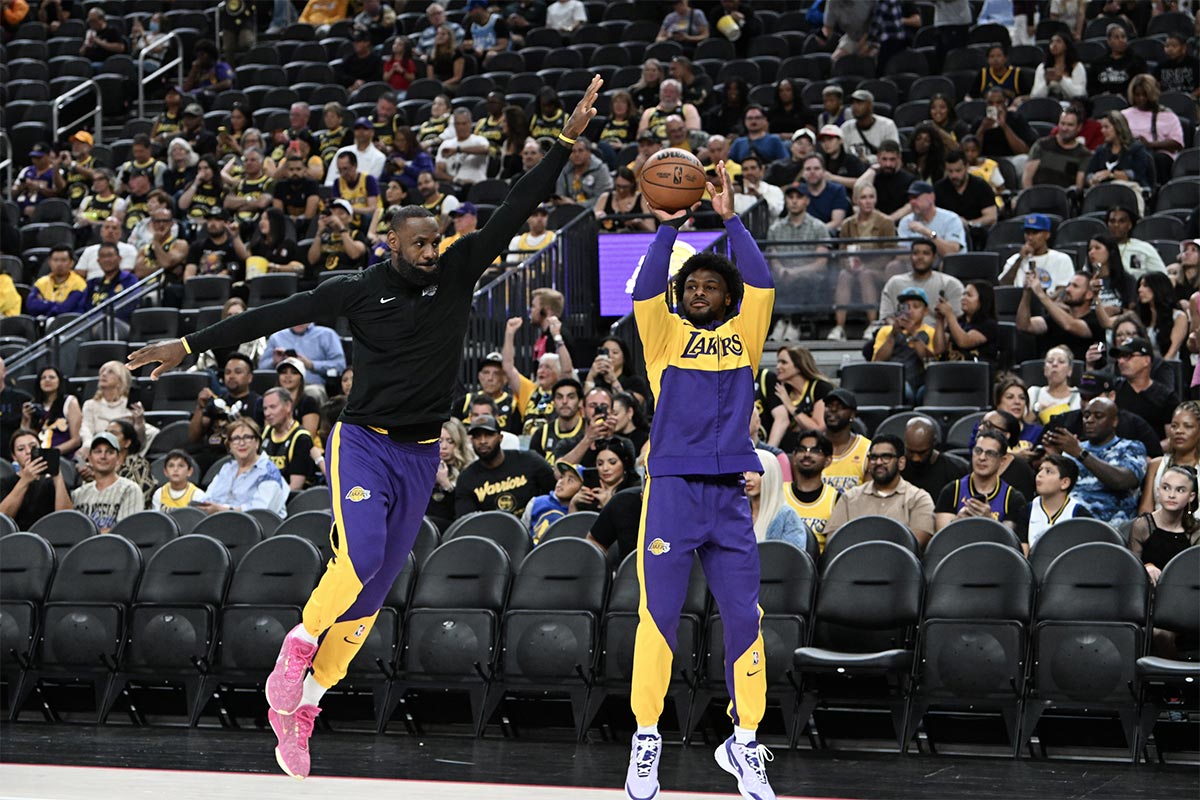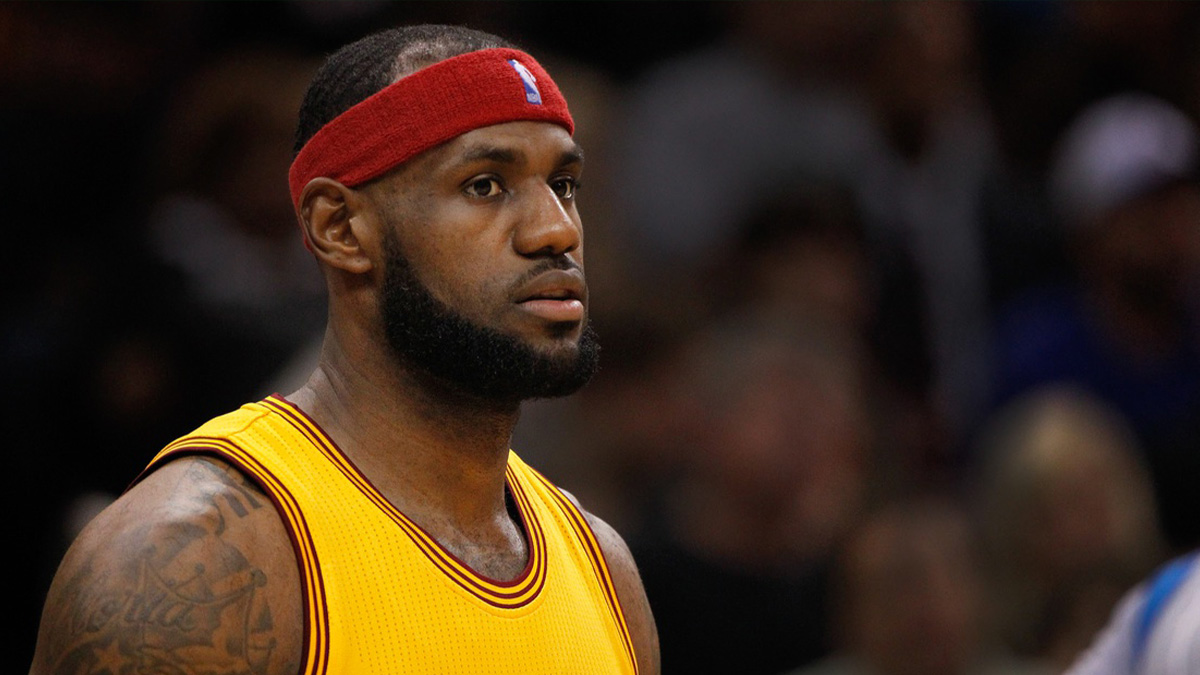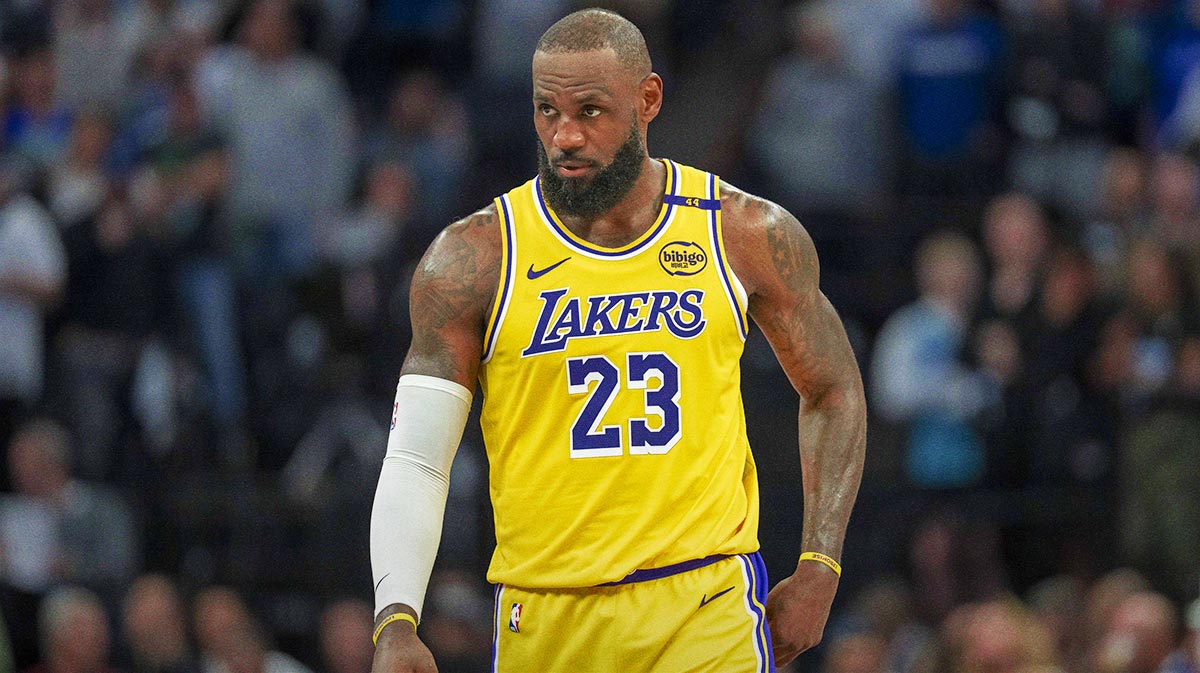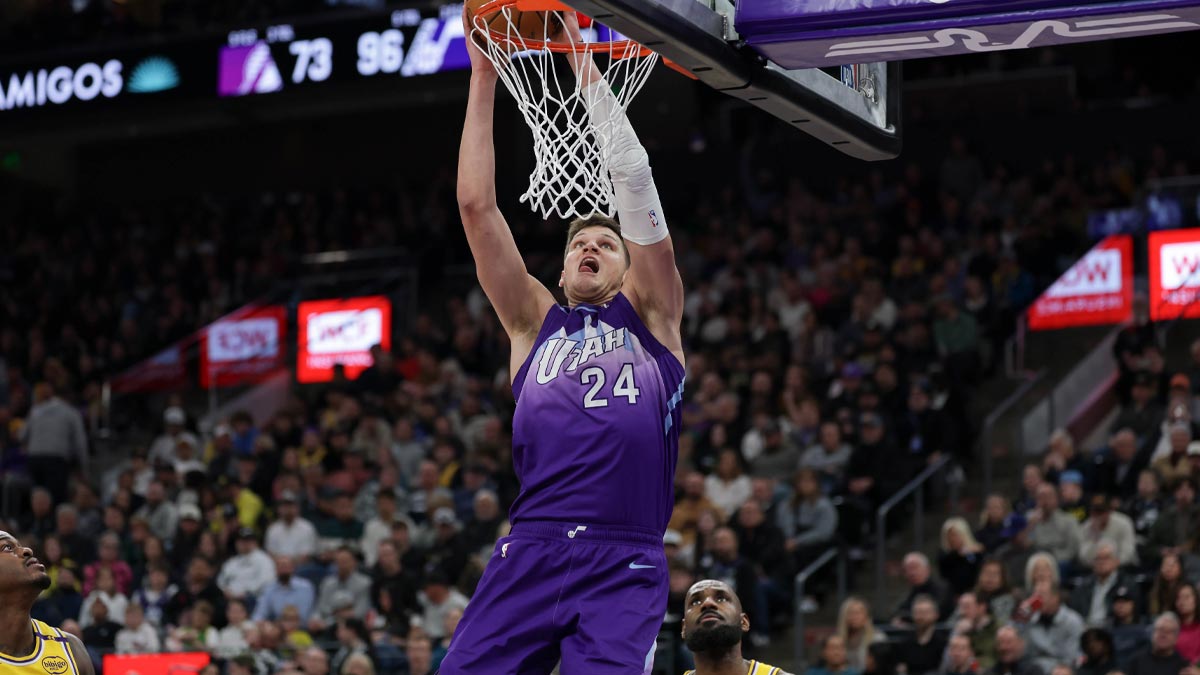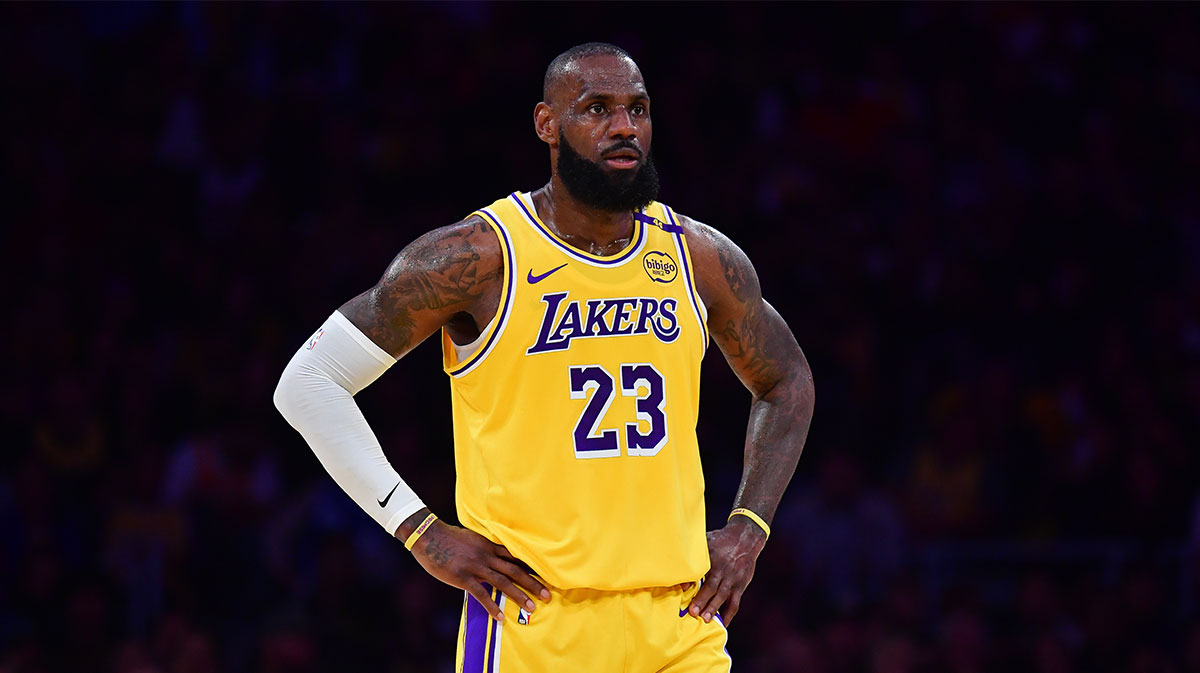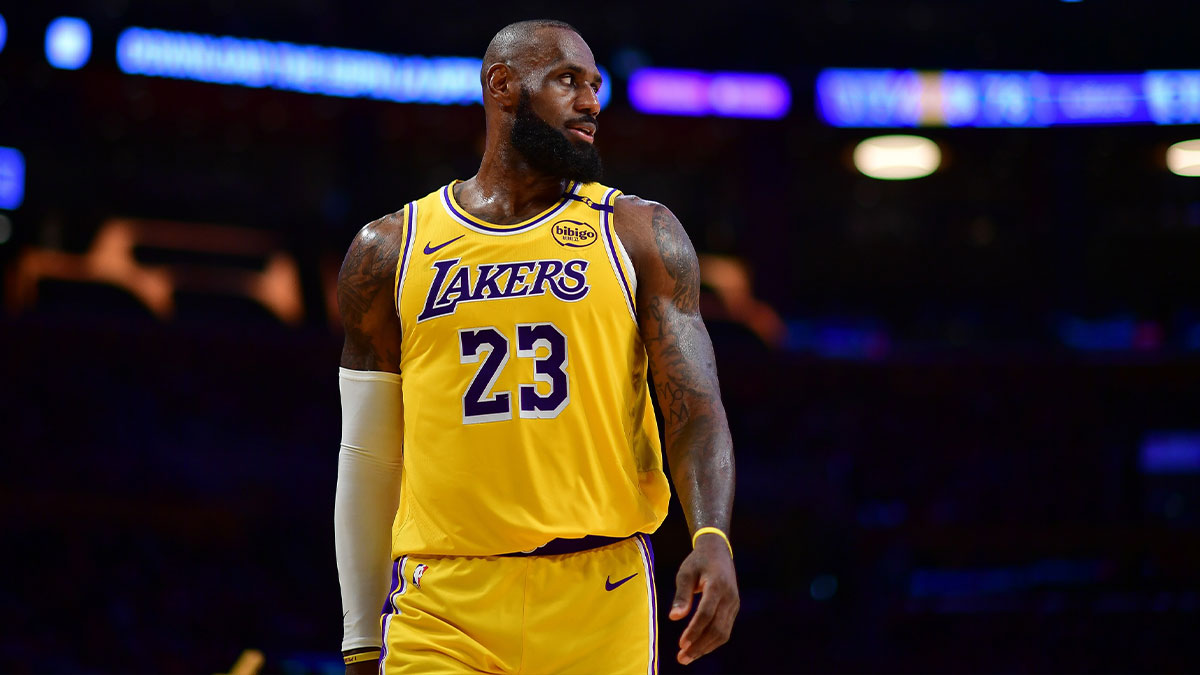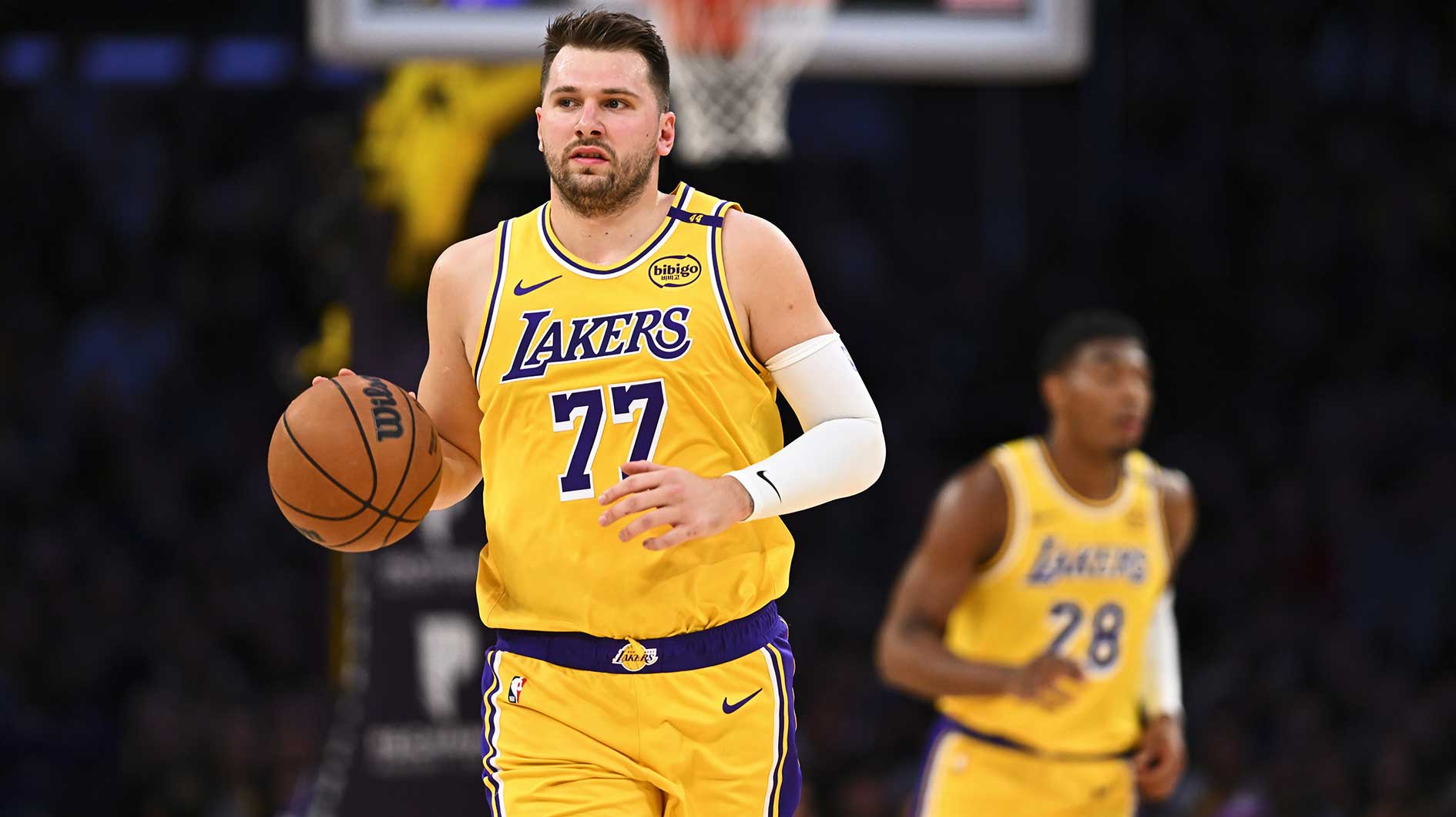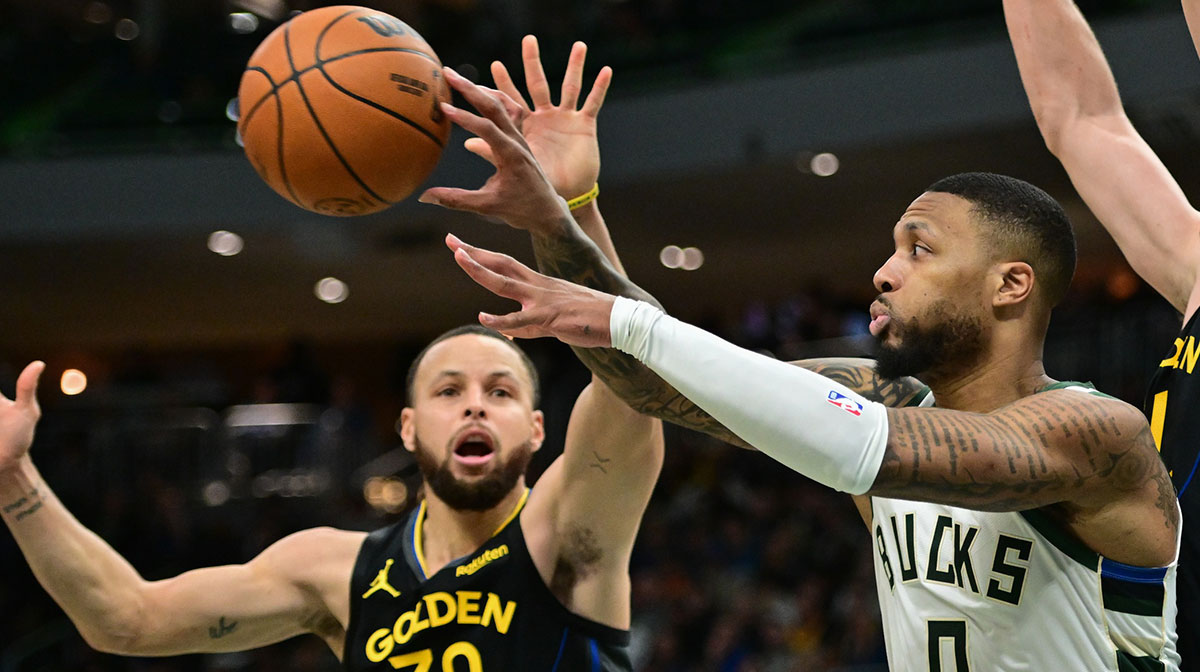Los Angeles Lakers point guard Rajon Rondo may not have played in his team's season-opening loss to the Los Angeles Clippers due to a sore calf (he's questionable Friday vs. the Utah Jazz) but that doesn't mean the Lakers don't have big plans for the wily veteran this year.
Head coach Frank Vogel has already claimed that Rondo will start “a lot of games” this season, while also stating that he will probably play 25-30 minutes a night.
It should be noted that Vogel did say that Rondo's playing time will be matchup-based, but the gist of it is that Vogel obviously sees a large role for Rondo (which is understandable) and potentially wants him to be a regular starter (which is somewhat polarizing), though it's unclear just how many starts that may mean:
More on Rondo as the starting point guard: LAL always planned for him to start a number of games at PG, sources said. It might be as few as 10 games, though. There will still be plenty of time with LeBron as the primary ball handler, just not him as the exclusive starting PG.
— Dave McMenamin (@mcten) October 25, 2019
There was a time when Rondo was one of the best point guards in basketball, but those days are long gone.
A torn ACL during the 2012-13 campaign ended Rondo's stint as an elite floor general, as he lost a lot of the quickness, burst and explosiveness he possessed back then.
His toughness, basketball IQ and veteran savvy are all still there, but his skills have clearly eroded over time.
So, is starting Rondo a good idea on this Lakers squad?
It honestly depends.
The Lakers' point guard depth chart features Rondo, Avery Bradley, Quinn Cook and Alex Caruso, which is not impressive. LeBron James could just play the point, but there are already some concerns about him doing that all season.
So, Rondo could wind up with a bunch of starts basically by default.
What we do know about Rondo is that he is a big-game player. He shows up for nationally televised games and is a playoff warrior, which is both endearing and frustrating at the same time, because you then wonder why he doesn't bring that same effort every night.
This is not something that is exclusive to post-injury Rondo, either. This was the case for him even earlier in his Boston Celtics career.
Taking that into consideration, throwing Rondo into the starting lineup in pivotal games has its perks. But it also has its drawbacks.
One of the biggest questions about Los Angeles coming into this season has been its floor spacing, or lack thereof. Outside of Danny Green, the Lakers don't really have any consistently reliable 3-point shooters.
Perimeter shooting has never been LeBron James' strength, Kyle Kuzma (who is currently out) has yet to show he can be reliable from deep and none of LA's bigs like shooting 3s; not even Anthony Davis.
So, the Lakers' spacing is already out of whack, and adding Rondo into the equation doesn't help matters.
To be fair, Rondo's outside shooting has improved, as he has actually made 36.5, 37.6 percent, 33.3 and 35.9 percent of his treys, respectively, over the last four seasons, but that was on pretty low volume.
Defenses still don't really respect Rondo as a perimeter threat, and if he ends up shooting a 3, the defense will generally count that as a win.
On the other end of the floor, Rondo's motor is beyond questionable. He can defend at an elite level when he wants to due to his length, instincts and rottweiler attitude, but the operative phrase is “when he wants to.” Rondo turns it on and off like a faucet, which could end up coming back to bite Vogel throughout the season.
Recapping everything, Rondo is a very inconsistent player (especially at this stage of his career) who is not going to give you a full effort every game, and the fact that he is not a very reliable 3-point threat on a suspect 3-point shooting team doesn't help his case.
Really, none of us know whether or not starting Rondo is a good idea, because you never know which Rondo you are going to get. But that unpredictability is what makes Rondo such a big question mark for the Lakers.

